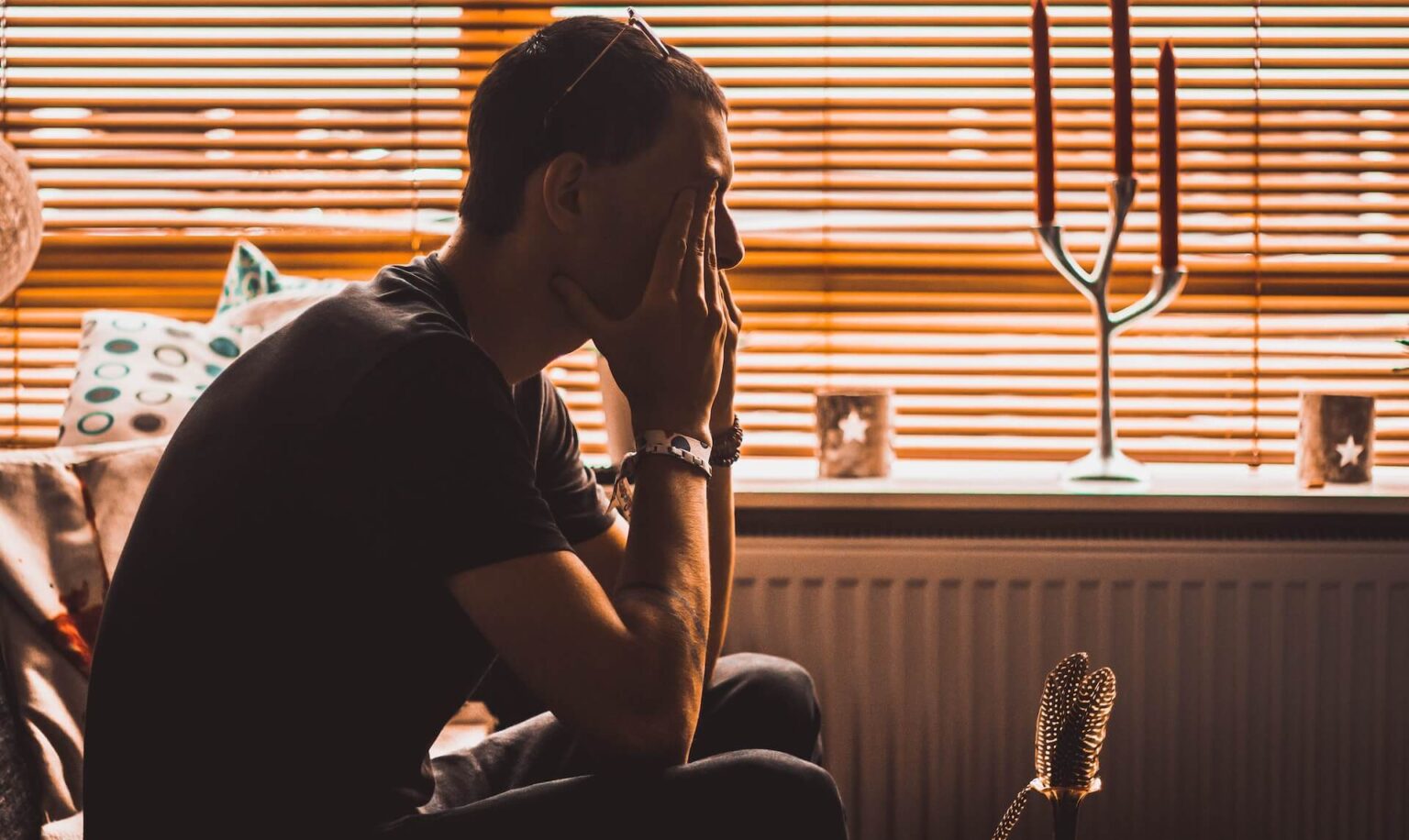No one expects to be involved in a car accident, but unfortunately, they happen all too often. And while the physical trauma and damage of a crash can take time to heal, the psychological effects are much longer lasting – sometimes having far-reaching implications on our mental health that can follow us for years after the incident or incidents have occurred.
From dealing with post-traumatic stress disorder (PTSD) to anxiety issues, coping with the aftermath of an automobile accident varies from person to person. In this blog post, we’ll explore how those affected by car accidents process feelings of trauma and ways they can manage it to move forward from difficult experiences. So whether you’re in the process of coming to terms with a recent car accident or wondering how to help a friend who has been involved in one, this article will provide some insight into the issue.
What is Post-Traumatic Stress Disorder (PTSD) And How It Can Be Triggered by Car Accidents
Post-Traumatic Stress Disorder (PTSD) is a mental health disorder characterized by vivid memories and strong emotional reactions to a traumatic event. It can present as flashbacks, nightmares, avoidance of places or activities related to the traumatic event, heightened arousal and feeling on edge, or intrusive thoughts. One traumatic event that can trigger PTSD is a car accident.
Any type of major car crash often leads to the development of this disorder due to the overwhelming physical and psychological shock one may experience. This can lead to depression, anxiety, difficulty sleeping, feelings of guilt or shame related to the crash, and overall fear of being in another automobile. Understanding the impact of PTSD following a car accident is key in helping victims cope with their trauma and work towards healing.
Symptoms of PTSD After a Car Accident to Look Out For
Car accidents can be some of the most traumatizing events people experience, which often leads to the development of symptoms associated with PTSD. Those affected may feel overcome with a sense of hopelessness, difficulty sleeping or concentration problems, feelings of detachment, being overly alert and easily startled, intrusive memories or nightmares related to the experience, and even physical signs like headaches and nausea.
These symptoms can range in intensity and may occur only periodically or become overwhelming. If you think you may be experiencing PTSD after a car accident, it is important to reach out for help from mental health professionals who are highly experienced in providing care for traumatic experiences.
Leaving Legal Matters After an Accident to Professional Attorneys and Insurance Companies
After going through the trauma of a car accident, dealing with legal matters is often the last thing someone wants to do. It can be helpful to allow an experienced car accident lawyer or your insurance company to manage the legalities of an accident and ensure you receive the coverage you are rightfully due. Attorneys can easily translate policies, contracts, and laws into tangible results that will effectively function as protection for themselves. Additionally, having more experienced advocates on your side may ease some of the stress that comes along with navigating legal processes.
So rather than put more effort into handling these aspects yourself, consider entrusting them to people who specialize in this field and free up more time to take care of yourself.
How to Cope with Trauma and Anxiety After a Car Accident
After the initial shock wears off and your medical treatments are complete, you should start developing a plan for dealing with trauma and anxiety that may arise. It might be helpful to find a therapist who specializes in vehicle-related traumatic events, or even join a support or therapy group. Additionally, managing stress through exercise and healthy eating can boost overall mental health; moreover, practicing mindfulness activities such as yoga or guided relaxation can help quiet racing thoughts.
Above all else, having a strong network of loved ones to rely on is essential in navigating the aftermath of an accident; they can provide love and emotional support when it’s needed most. Working through trauma and anxiety isn’t easy but it is possible – good luck on your journey!
Seeking Professional Help for Mental Health After an Accident
While many self-care measures can be taken to help manage the symptoms of PTSD, it is important to seek professional support and treatment if needed. Seeking professional help—whether from a therapist, social worker, or another health professional—can be an important first step on the road to recovery.
Speaking with someone knowledgeable in mental health can offer valuable advice and support in navigating the challenges of coping with the long-term mental effects of a traumatic experience like a car accident. Don’t put off finding help if you feel overwhelmed by your emotions; getting started is often the most difficult part.
Self-Care Tips to Help Manage Anxiety and Trauma From a Car Crash
To properly deal with the aftermath of a car crash, self-care is essential. Start by practicing healthy coping mechanisms such as limiting caffeine intake, maintaining proper sleep routines, exercising regularly, and incorporating outlets for stress relief. Additionally, reaching out for help from a therapist or support group can be beneficial in processing emotions and learning more about how to handle traumas.
Lastly, getting back into routine activities can help provide structure during any mental recovery process following a car accident. Overall, finding routine self-care pieces will prove useful in managing anxiety and trauma from an accident.
Tips for Managers on How to Support Employees Who Have Been Affected By A Car Accident
Managing a team of people can be a challenge even in the best circumstances, and providing support for employees who have been affected by a traumatic experience, such as a car accident, adds additional layers of complexity. It is therefore important for managers to understand how to best provide meaningful support for their workers.
First and foremost, managers need to create an atmosphere of understanding and compassion. Employees should feel comfortable voicing their needs and knowing that their concerns are taken seriously by supervisors. It’s important to talk through options such as scheduling accommodations, physical therapy or counseling referrals, or simply offering an ear and an empathetic approach.
Additionally, fostering a culture of communication amongst co-workers can foster bonds between teammates as they share strategies on how best to cope with trauma and anxiety related to car accidents. Doing so will help build a more cohesive environment in which everyone feels supported!

As you can see, dealing with the aftermath of a car accident can be incredibly difficult. However, with proper self-care, support from friends and family, and professional help when needed, it is possible to manage anxiety and trauma related to an accident. By taking these measures into account, you can create a healthier environment for yourself and your loved ones both during and after the recovery process.
If you have gone through a car accident, make sure to prioritize your mental health and reach out for help whenever needed. Remember that seeking support is not a sign of weakness, but rather an important step toward healing!








